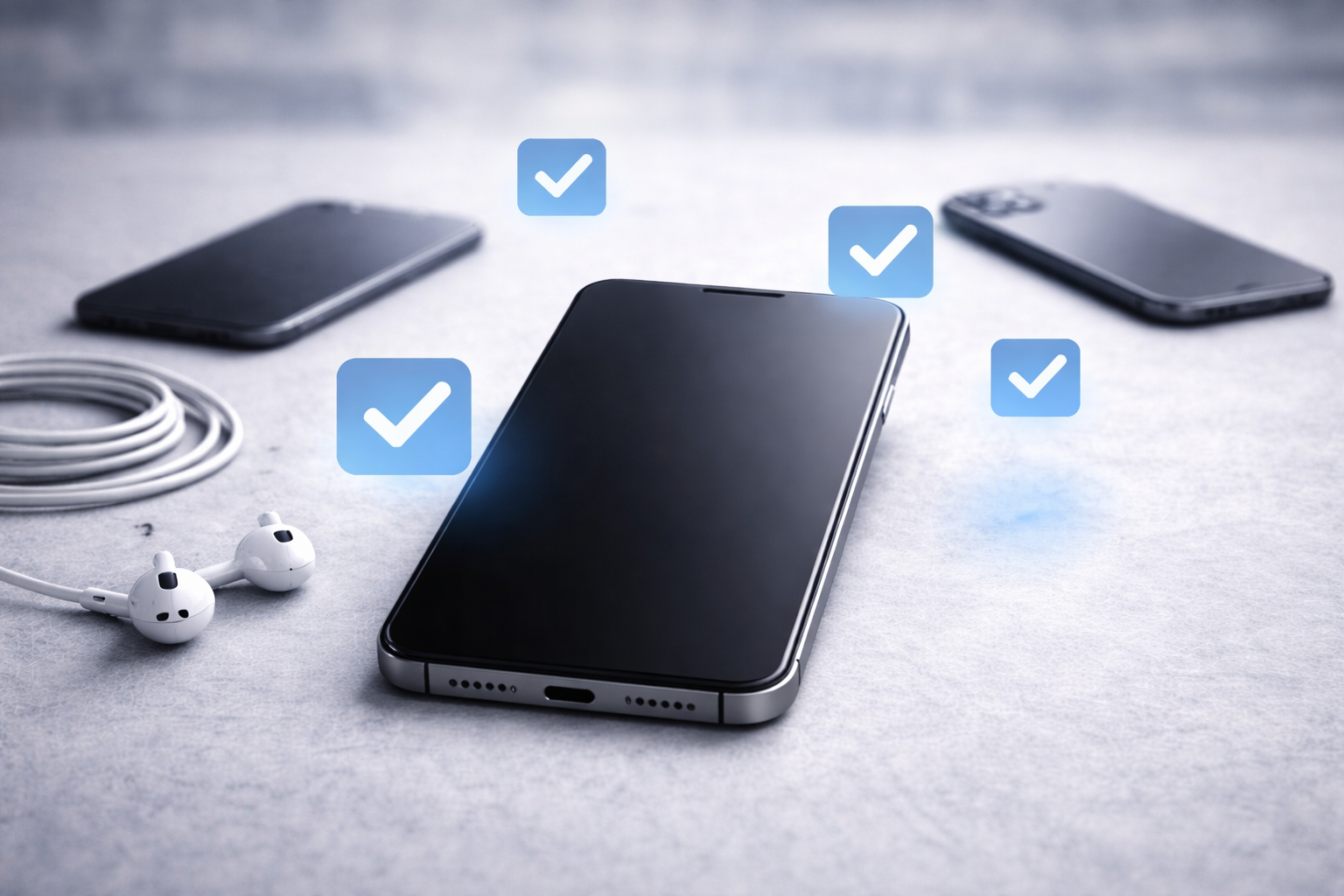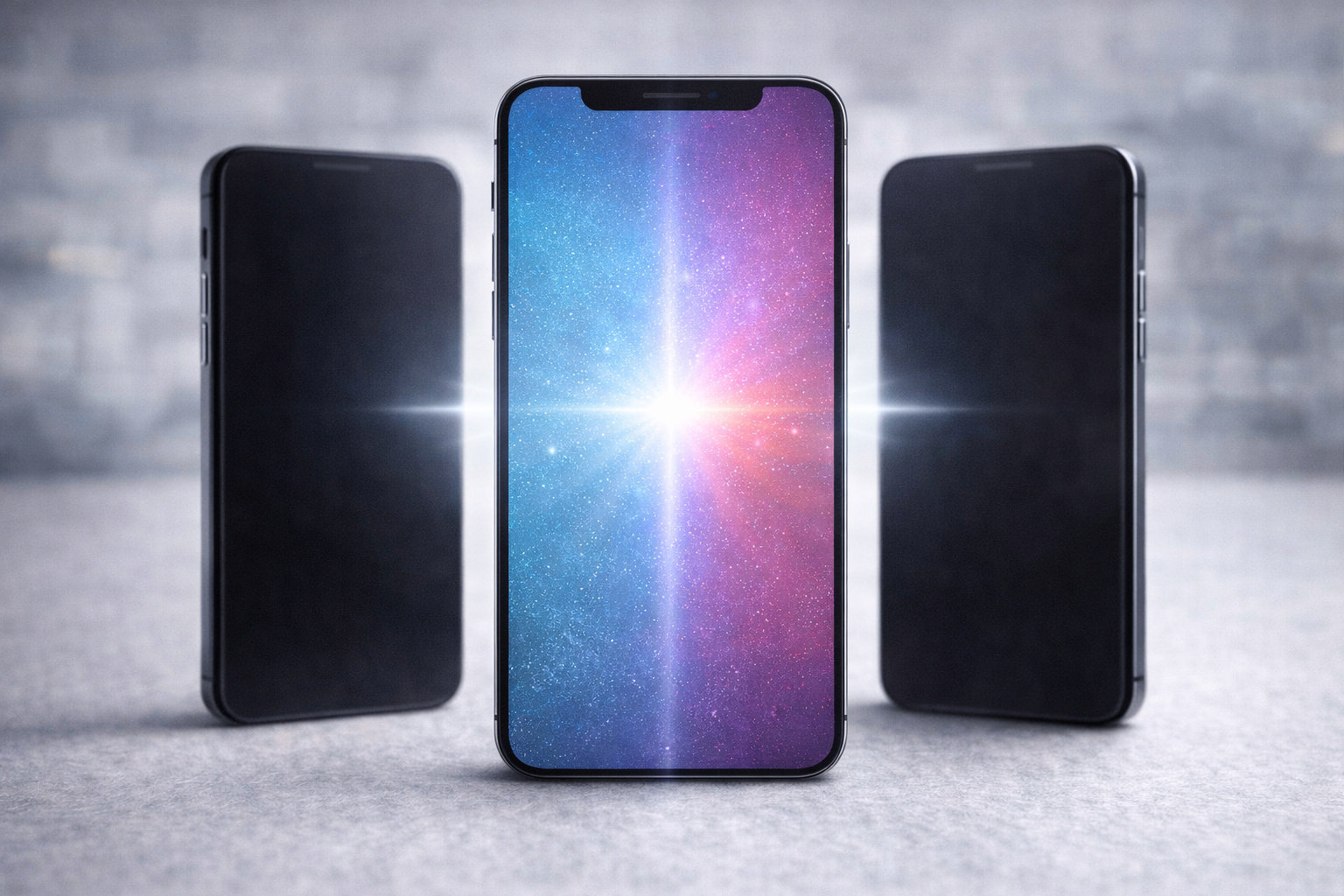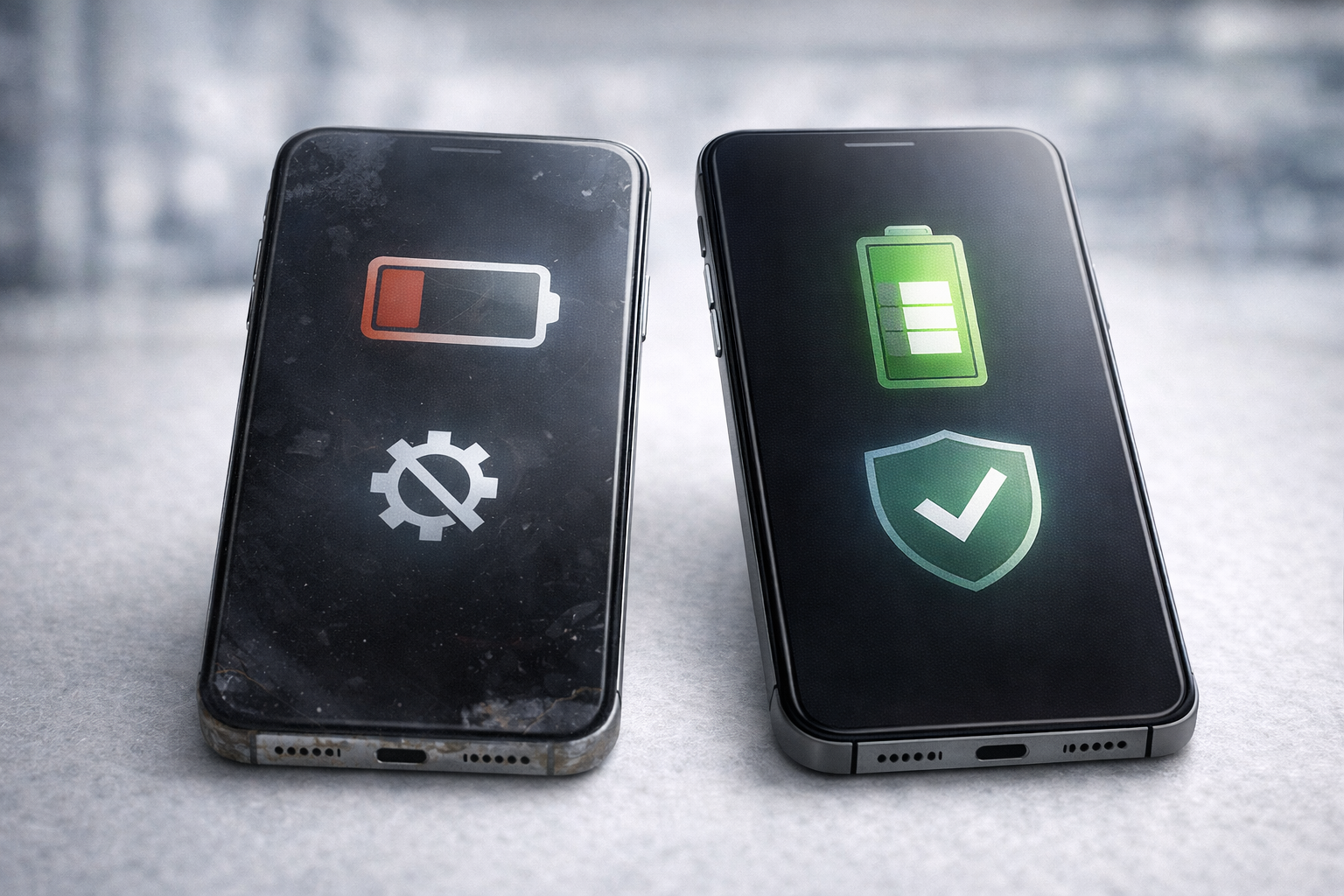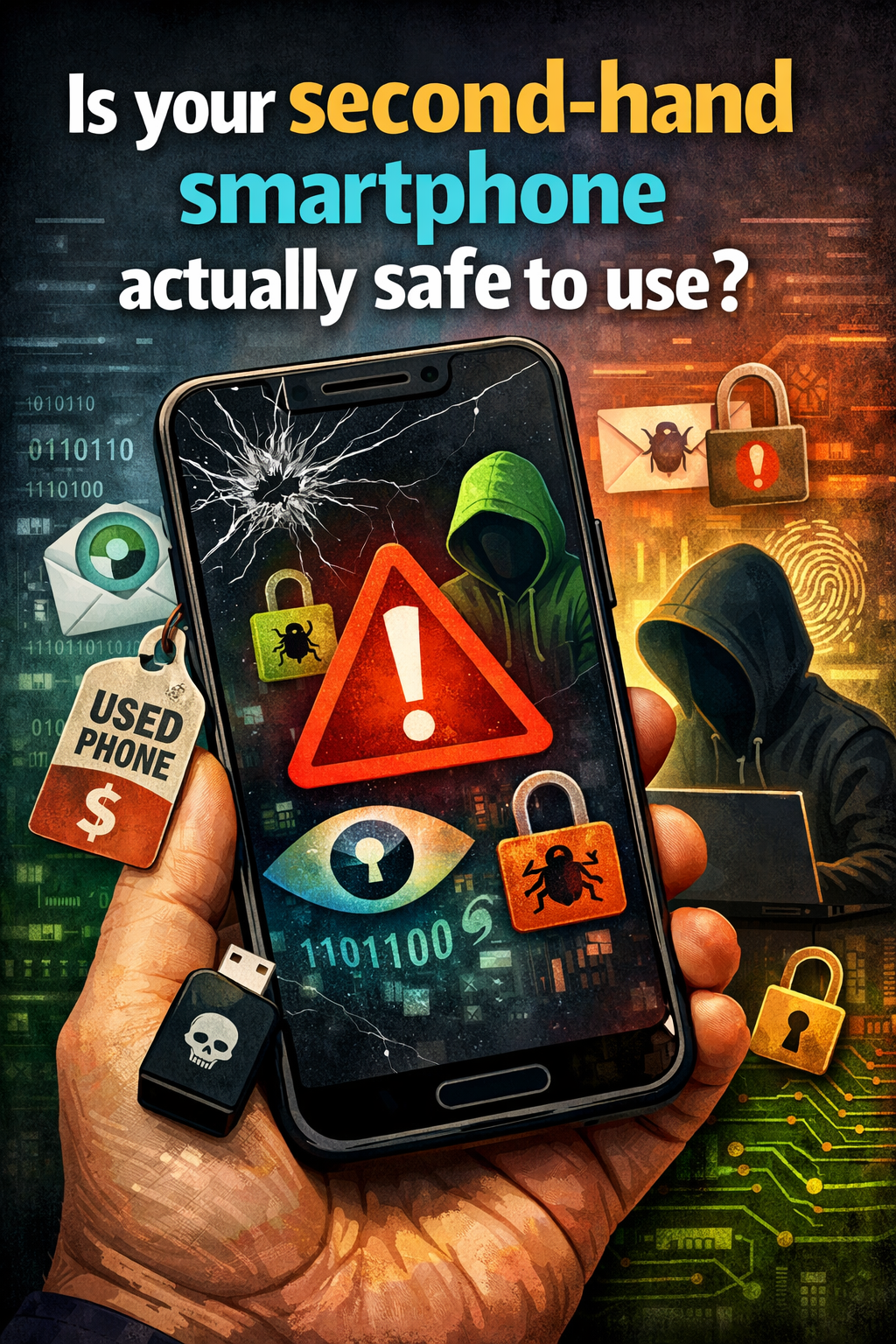How Mobile Games Prepare Beginners For More Advanced Gaming Platforms

For a lot of people, the first real contact with gaming is not a console under the TV. It is a phone on the sofa, a bus ride home with a puzzle app, or a late-night match-three session on a small screen. No setup, no extra hardware, no learning curve beyond “tap here.”That is exactly why mobile games quietly work as training wheels for deeper, more advanced gaming later on.
Small screen as a training ground
Mobile games teach players how digital systems behave long before a controller or gaming mouse shows up. Menus, in-game currencies, daily quests, cooldowns, co-op modes, social chats, and cosmetic upgrades all start to feel normal after a while. Even the habit of checking patch notes or seasonal events grows out of this daily phone routine.
Resources that explain more complex ecosystems mirror that slow, stepwise learning. A detailed cardplayer.com review of Qatar-facing online casinos, for example, explores practical concerns: who holds licences, how deposits and withdrawals work in a restricted market, and which games are actually available under local rules. Pieces like that treat new players like learners rather than gamblers, and they show how careful reading and patient comparison become part of the hobby once simple taps and swipes turn into real decisions.
The same mindset applies when someone moves from a phone game to a console or PC title. After a few years of mobile play, “settings,” “controls,” “graphics,” and “account” pages no longer feel intimidating. They are just part of getting ready.
Skills that carry over to console and PC
Many mobile games already require the same core skills found in higher-end titles. Strategy games on phones ask players to balance resources, manage build orders, read maps, and think a few moves ahead. MOBAs, shooters, and card battlers teach timing, positioning, and risk assessment, even in short rounds.
Those skills do not reset when someone picks up a controller for the first time. A player who has spent months learning to kite enemies, predict cooldowns, or manage a fragile economy on mobile will recognize familiar patterns in a console or PC lobby. Tutorials feel shorter. Mistakes feel more understandable. The entire process of “getting good” feels less like starting from zero.
Industry snapshots of the global games market also show why this matters. Reports note that mobile now accounts for the largest share of gaming revenue in regions such as Europe, indicating an enormous pool of “mobile-first” players. Once even a small slice of that group moves on to consoles or PCs, whole genres gain new life and new audiences.
Attention, habits, and learning how to lose
Mobile gaming also shapes how beginners handle pressure. Quick sessions teach people how it feels to win a close match, lose to a stronger opponent, or run into a paywall. That emotional experience is as important as any mechanical skill.
Players gradually learn how long they actually enjoy sitting with a game, how often they like to queue for multiplayer, and how they react after a rough streak. Short rounds make it easier to close the app and take a break, which is a useful habit later with longer, more intense games.
There is also the social side. Many mobile titles include friend lists, guilds, and chat channels. Those spaces introduce players to callouts, team composition debates, and the simple etiquette of playing with strangers. By the time someone joins voice chat on a console or PC, the idea of coordinating with others already feels familiar, even if the tools have changed.
Getting the tech basics right
Starting on mobile also nudges people to understand their hardware better. Storage space, battery health, screen refresh rate, and network quality all affect how a game feels. That awareness prepares beginners for a world where specs matter more.
Before committing to heavier games or selling on an older phone, some users even check basic device information with tools such as an Apple IMEI check. Knowing exactly which model sits in a pocket, how old it is, and how it was sold offers a gentle introduction to the kind of detail console and PC players treat as second nature when they compare CPUs, GPUs, or display options.
By the time a mobile-first player looks at a console or gaming laptop, they already grasp the idea that “better experience” often comes down to a mix of hardware and software, not just the logo on the box.
Community, curiosity, and stepping up
Mobile games also lower the barrier to joining wider gaming communities. Social media, Discord servers, and forum threads for hit mobile titles are full of guides, tier lists, fan art, and friendly arguments about balance changes. That culture is the same one that surrounds big PC and console franchises, only on a smaller and often more casual scale.
Once someone has asked for build advice in a mobile game chat, it feels natural to search for controller layouts, mod recommendations, or graphics tweaks for a bigger title later on. Curiosity travels upward. So does the habit of checking trusted sources instead of relying on the first video or comment that appears.
There is a quiet confidence that comes with this. Mobile players who have mastered a complex gacha system or climbed ranking ladders already know they can handle new rules, new metas, and steeper learning curves. That belief carries a lot of weight when moving into deeper, more demanding games.
Conclusion
Mobile games do more than fill spare minutes. They teach people how digital systems behave, how to read interfaces, how to handle wins and losses, and how to navigate communities built around shared interests. All of that happens on a device most people already own and understand.
When someone finally plugs in a console or boots up a gaming PC, the jump is smaller than it looks from the outside. Menus feel logical, match formats make sense, social spaces are less intimidating, and the idea of learning a complex game over time does not feel strange. In that sense, the small screen does not sit beneath “real gaming” at all. It quietly builds the foundation that makes the rest of the hobby feel possible.


.png)








